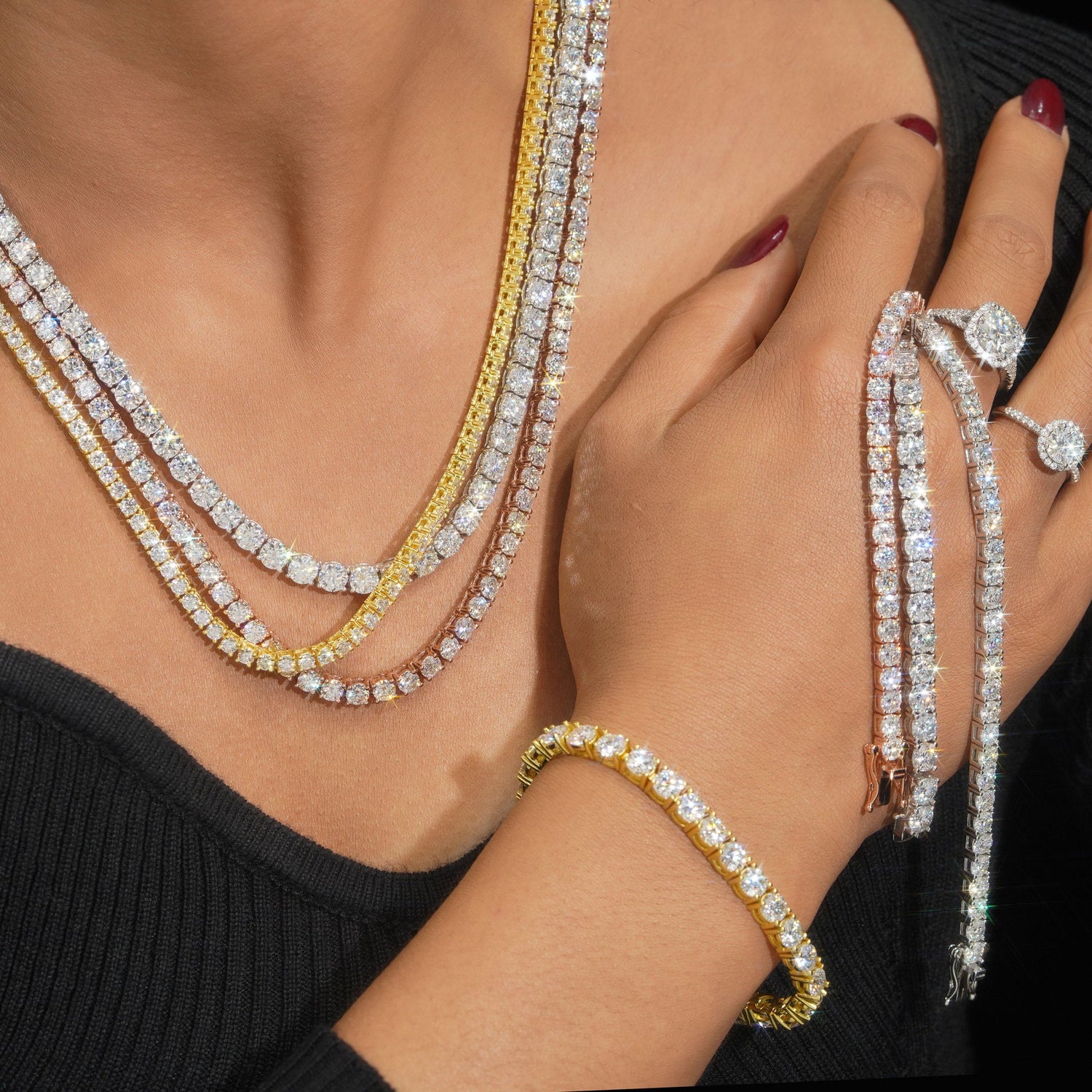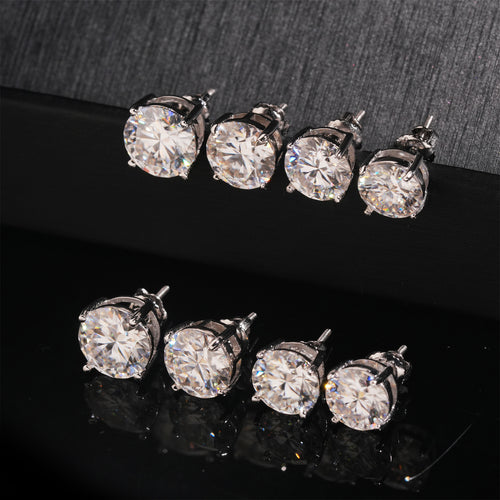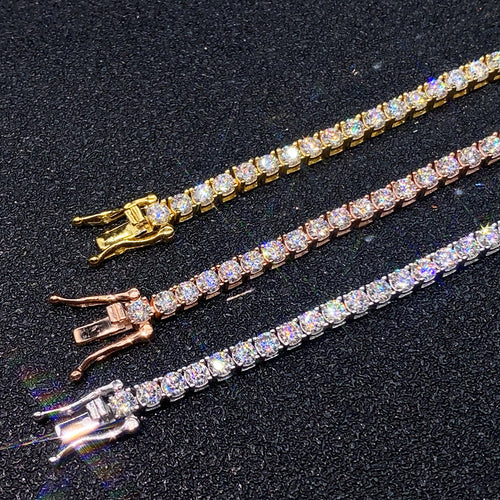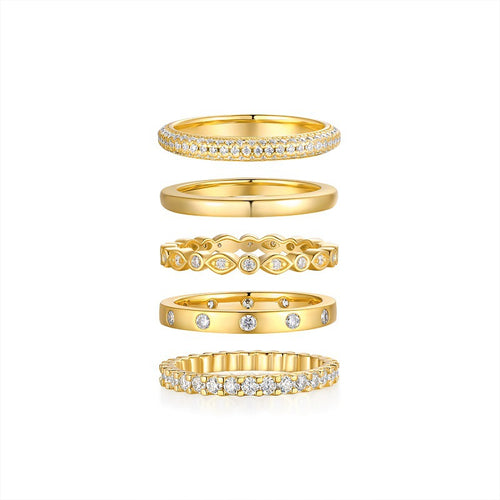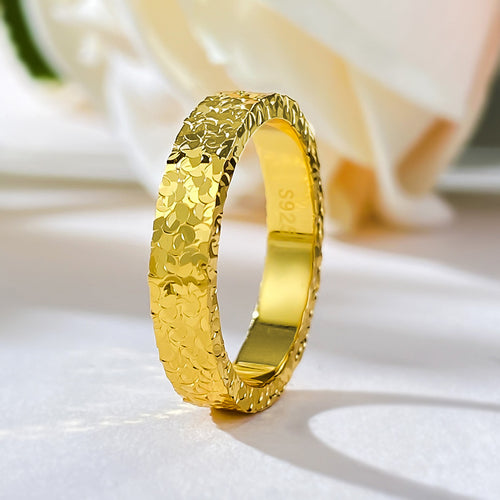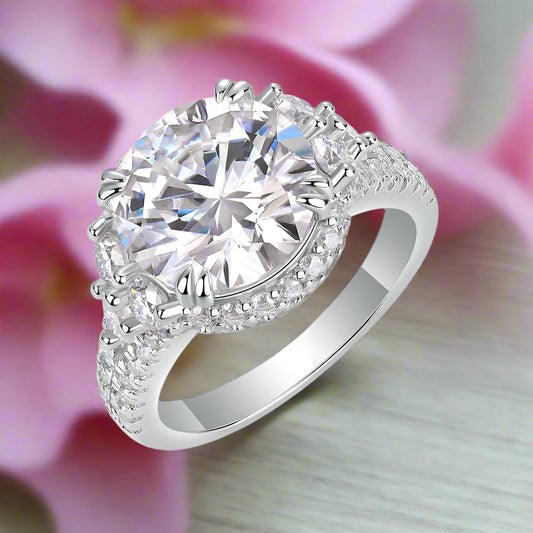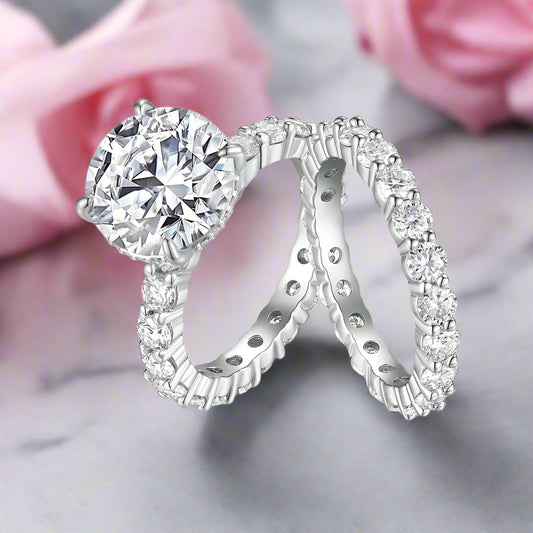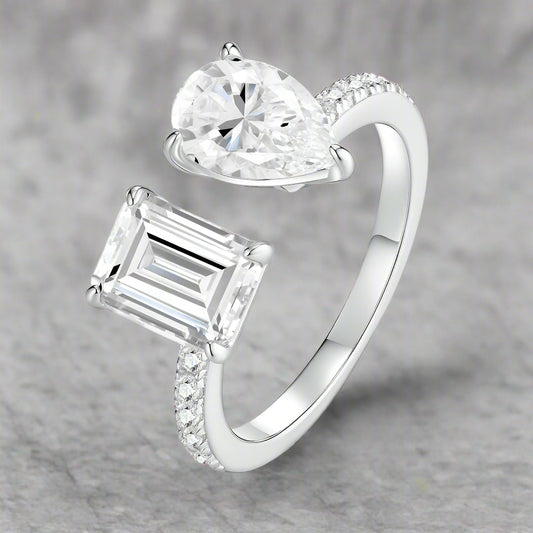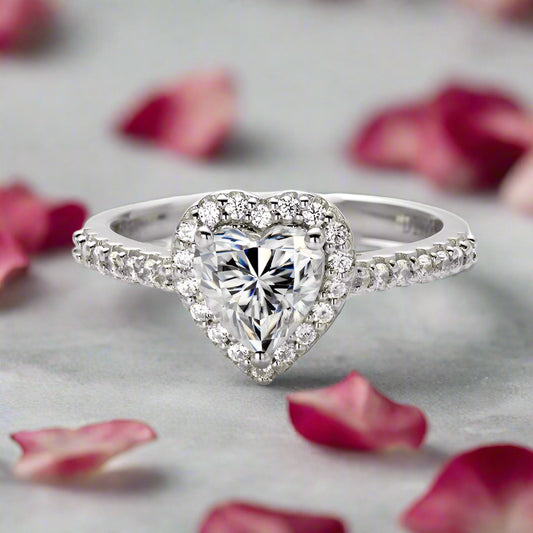When shopping for diamonds, one of the most common questions buyers ask is: “Do lab-grown diamonds pass a diamond tester?” This guide breaks down how diamond testers work, how they interact with lab-created diamonds, and what you should know before relying on them for verification.
How Are Lab-Grown Diamonds Tested?
A diamond tester is a small handheld device designed to determine if a stone is a real diamond. These testers usually measure thermal conductivity or electrical conductivity - two properties that help distinguish diamonds from other gemstones.
-
Thermal Conductivity Testers:
Diamonds are exceptional heat conductors. When the tester’s probe touches the surface, it measures how quickly heat disperses. If the stone matches the heat transfer rate of a diamond, the tester will confirm it as genuine. Thermal testers are the most widely used type. -
Electrical Conductivity Testers:
These devices can detect whether a gemstone conducts electricity. This feature is especially helpful for separating diamonds from moissanite, since both have similar thermal properties but differ in electrical conductivity.
Do Lab-Grown Diamonds Pass a Diamond Tester?

Yes - lab-grown diamonds pass diamond testers because they are chemically, physically, and optically identical to natural diamonds. When tested with a thermal conductivity device, a lab-created diamond will read as authentic.
That said, results can vary depending on the type of tester:
-
Thermal Testers: Lab-grown diamonds always pass, since they share the same heat transfer properties as mined diamonds.
-
Electrical Conductivity Testers: In rare cases, trace elements or inclusions inside a lab-grown diamond may cause inconclusive readings.
For 100% accuracy, experts recommend gemological certification or advanced testing methods such as spectroscopy.
Do Lab-Grown Diamonds Test as Moissanite?

No - lab-grown diamonds do not test as moissanite. While both stones conduct heat well, they differ in their optical and electrical properties.
-
Electrical Conductivity: Moissanite conducts electricity, while natural and lab-grown diamonds generally do not. High-quality testers can easily tell them apart.
-
Thermal Properties: Both materials conduct heat, but moissanite’s crystal structure gives it distinct characteristics that advanced testers can detect.
The most reliable way to confirm your diamond’s authenticity is to check its grading report from reputable institutes like GIA or IGI.

FAQs About Lab-Grown Diamonds and Diamond Testers
1. Can a jeweler tell the difference between lab and natural diamonds with a tester?
No. Diamond testers only confirm whether a stone is a diamond, not whether it’s lab-grown or mined.
2. Will a cheap diamond tester work on lab diamonds?
Yes, as long as it measures thermal conductivity. However, higher-quality testers provide more consistent results.
3. What’s the best way to confirm a lab-grown diamond?
Always rely on a certification from trusted labs such as GIA, IGI, or GCAL for complete assurance.

